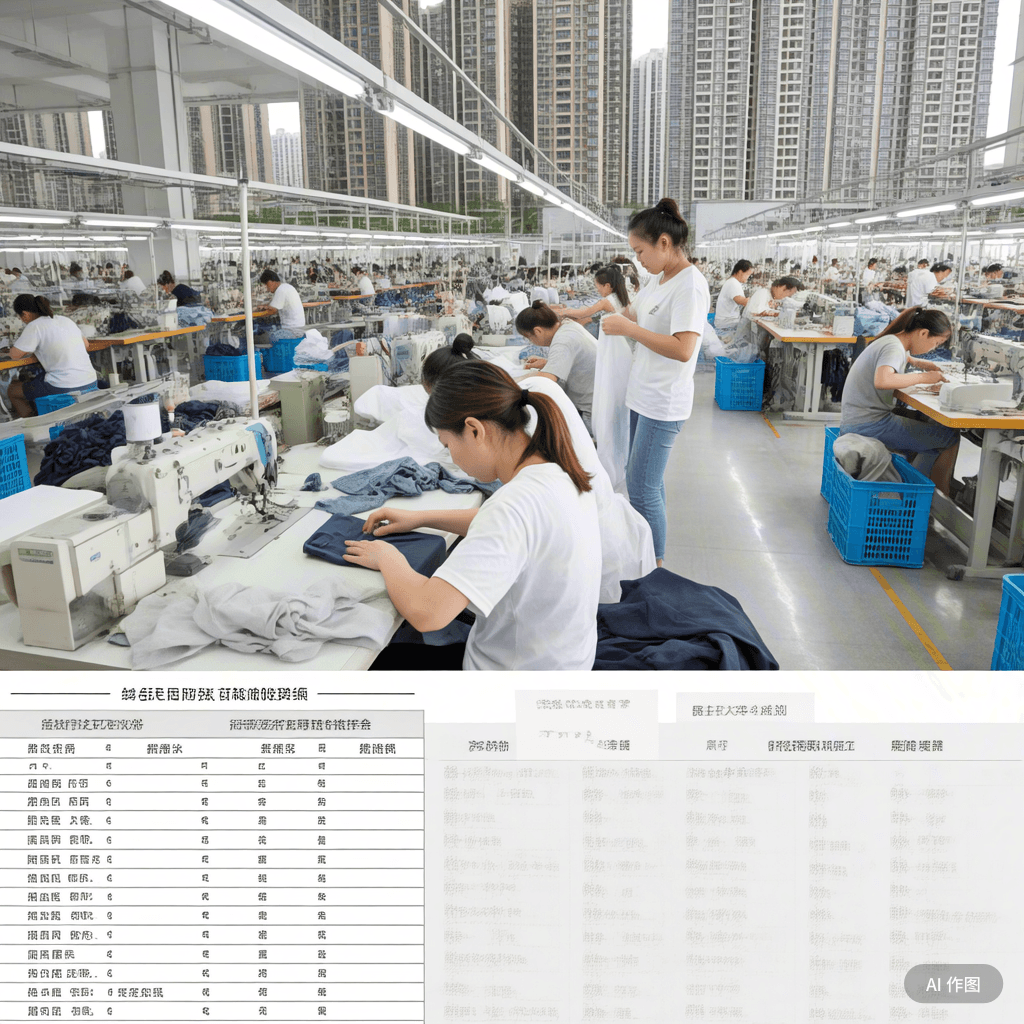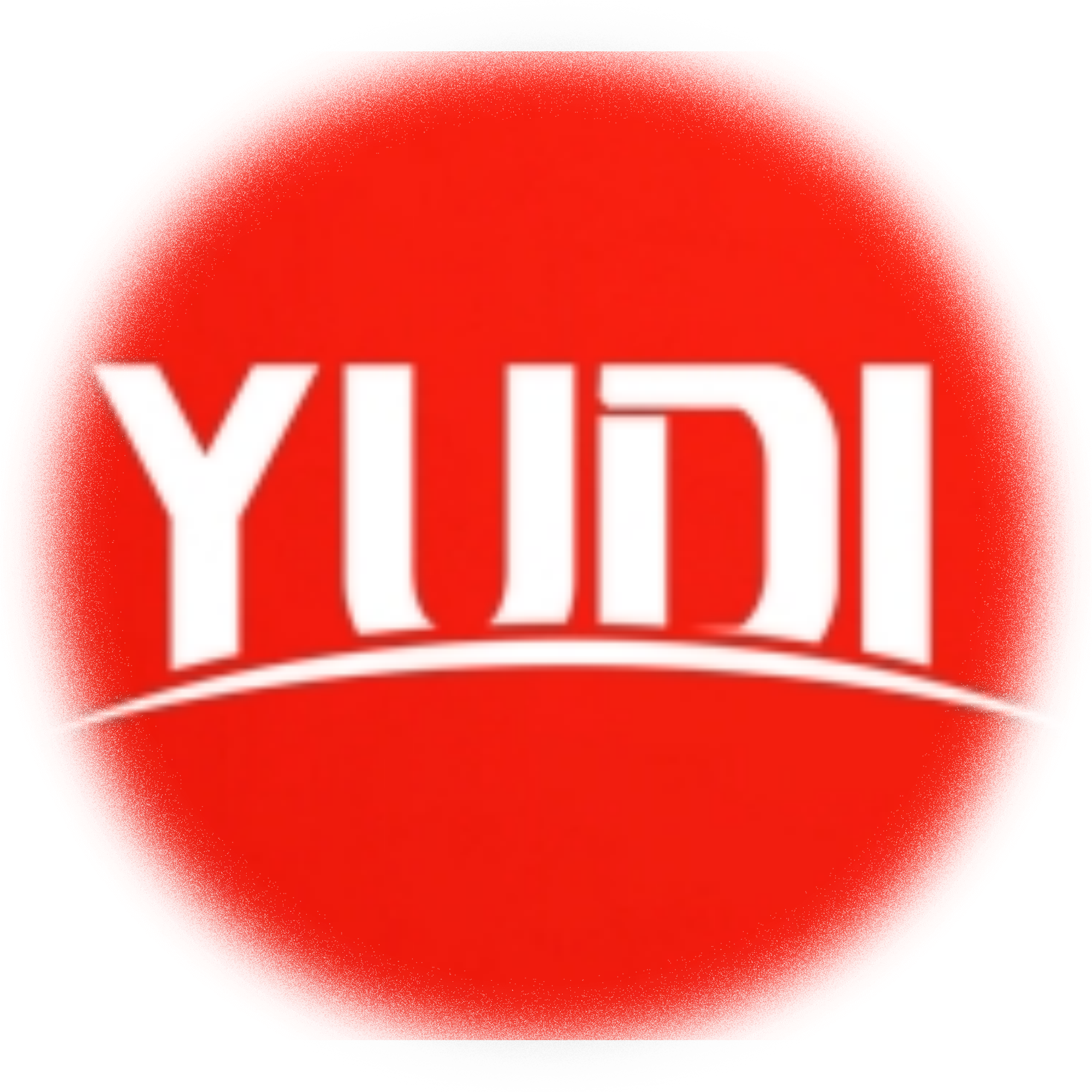
In the fashion industry, ensuring social compliance among clothing suppliers is not only a moral obligation but also a strategic decision that can benefit your brand in the long term. As ethical sourcing becomes increasingly important, understanding and verifying the practices of Chinese clothes suppliers is crucial for creating a responsible and sustainable supply chain.
What is Social Compliance in Clothing Factories?
Social compliance refers to a set of ethical standards that clothing manufacturers must adhere to, ensuring workers are treated fairly and ethically. This includes labor rights, fair wages, working hours, child labor prevention, and a commitment to environmental sustainability. By working with socially compliant suppliers, fashion brands can safeguard workers’ rights and contribute to the betterment of the global fashion industry.
Key Aspects of Social Compliance:
Labor Rights and Fair Wages: Ensuring fair wages and no forced labor.
Child Labor Prevention: Adherence to strict child labor laws.
Health and Safety: Safe working conditions for all employees.
Environmental Responsibility: Commitment to sustainable practices.
Why Social Compliance Matters for Your Clothing Brand
Protecting Workers’ Rights: Social compliance ensures fair treatment and safe working conditions for all employees in the supply chain. This fosters a positive brand image, resonating with consumers who prioritize ethics in their purchasing decisions.
Building Consumer Trust: Ethical sourcing builds brand trust. Customers are more likely to stay loyal to brands that demonstrate social responsibility.
Mitigating Risks: By ensuring compliance, brands reduce the risk of facing legal issues, negative media coverage, and disruption in production due to unethical practices.
Supporting Sustainable Fashion: Socially compliant suppliers are more likely to adopt eco-friendly practices, contributing to the broader movement of sustainable fashion.
How to Ensure Social Compliance with Chinese Clothes Suppliers
Ensuring social compliance with your Chinese clothing suppliers involves several proactive steps:
1. Conduct Factory Audits
Regular factory audits are essential for assessing the compliance of suppliers. Work with third-party auditing firms to evaluate labor practices, safety measures, and adherence to social standards. This ensures impartiality and transparency in the auditing process.
2. Look for International Certifications
Suppliers that hold internationally recognized certifications, such as the Business Social Compliance Initiative (BSCI), Worldwide Responsible Accredited Production (WRAP), or Social Accountability International (SAI), demonstrate a commitment to maintaining ethical standards. These certifications provide assurance that suppliers have met strict social compliance requirements.
3. Create a Supplier Code of Conduct
Develop a supplier code of conduct that outlines your expectations regarding social compliance. This document should cover labor rights, environmental responsibility, and fair working conditions. Clearly communicate these expectations to your Chinese suppliers and ensure they are willing to adhere to them.
4. Engage in Supplier Collaboration
Open and honest communication with your suppliers is key to fostering a partnership built on shared values. Encourage your suppliers to embrace ethical practices, and work together to improve compliance over time.
5. Monitor Compliance Continuously
Social compliance is an ongoing process. Regularly monitor your suppliers’ practices through follow-up audits and direct communication to ensure continuous adherence to ethical standards.
Top Certifications for Ethical Sourcing
If you’re searching for suppliers with a demonstrated commitment to social compliance, consider looking for the following certifications:
BSCI (Business Social Compliance Initiative): A globally recognized standard for labor practices and ethical sourcing.
WRAP (Worldwide Responsible Accredited Production): Focuses on safe and lawful manufacturing processes.
SA8000 (Social Accountability International): A certification that promotes ethical labor practices and worker rights.
Conclusion: Why Prioritize Social Compliance?
Prioritizing social compliance with your Chinese clothing suppliers is not just about meeting ethical standards—it’s about building a brand that consumers trust and respect. Ethical sourcing practices benefit workers, the environment, and your brand reputation. By conducting factory audits, collaborating with certified suppliers, and monitoring compliance continuously, you can create a responsible and sustainable supply chain for your clothing brand.
Call to Action:
If you want to ensure your clothing brand is sourcing from socially compliant suppliers, contact us today for more information about our ethical sourcing practices and how we can help you create a responsible supply chain for your brand.





